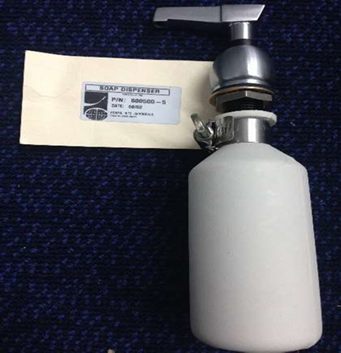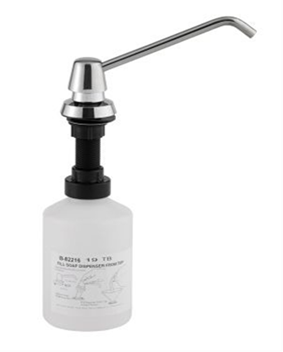Inspector General Robert P. Storch announced today that the Department of Defense Office of Inspector General (DoD OIG) released the “Audit of C-17 Spare Parts Pricing.” Initiated in response to a DoD Hotline allegation, this audit assessed whether the Air Force purchased spare parts for the C-17 military transport aircraft at fair and reasonable prices under the performance-based logistics (PBL) contracts.
“The Air Force needs to establish and implement more effective internal controls to help prevent overpaying for spare parts for the remainder of this contract, which continues through 2031,” said IG Storch. “Significant overpayments for spare parts may reduce the number of spare parts that Boeing can purchase on the contract, potentially reducing C-17 readiness worldwide.”
The DoD OIG determined that the Air Force did not consistently pay reasonable prices for C-17 spare parts in accordance with the Federal Acquisition Regulation. The DoD OIG found that the Air Force did not pay fair and reasonable prices for about 26% of the spare parts reviewed, valued at $4.3 million. The DoD OIG was unable to determine whether the Air Force paid fair and reasonable prices for over 54% of spare parts worth more than $22 million because the Air Force did not maintain historical cost data, and the Defense Contract Management Agency Item Group was unable to obtain supplier quotes or identify commercially similar parts. As a result, the Air Force overpaid nearly $1 million for a dozen different types of spare parts on the contracts. One of the 12 spare parts included a lavatory soap dispenser where the Air Force paid more than 80 times the commercially available cost or a 7,943-% markup. The C-17 soap dispenser is pictured on the left and the commercially similar soap dispenser is on the right.


The DoD OIG found that overpayment occurred because the Air Force did not:
- Validate the accuracy of data used for contract negotiation.
- Conduct contract surveillance to identify price increases during contract execution.
- Review invoices to determine fair and reasonable prices before payment.
In addition, the DoD OIG found that the DoD did not require the contracting officer to verify the accuracy of the bill of materials before negotiation or to review invoices for allowable, allocable, and reasonable costs before payment.
The DoD OIG made eight recommendations, including that the Commander of the Air Force Life Cycle Management Center direct the C-17 contracting officer to review spare parts prices throughout the execution of the C-17 PBL contract, determine whether price increases of 25% or above occurred, and obtain justification of the price increases from Boeing. The DoD OIG will continue to monitor the DoD’s progress towards implementation of these recommendations.